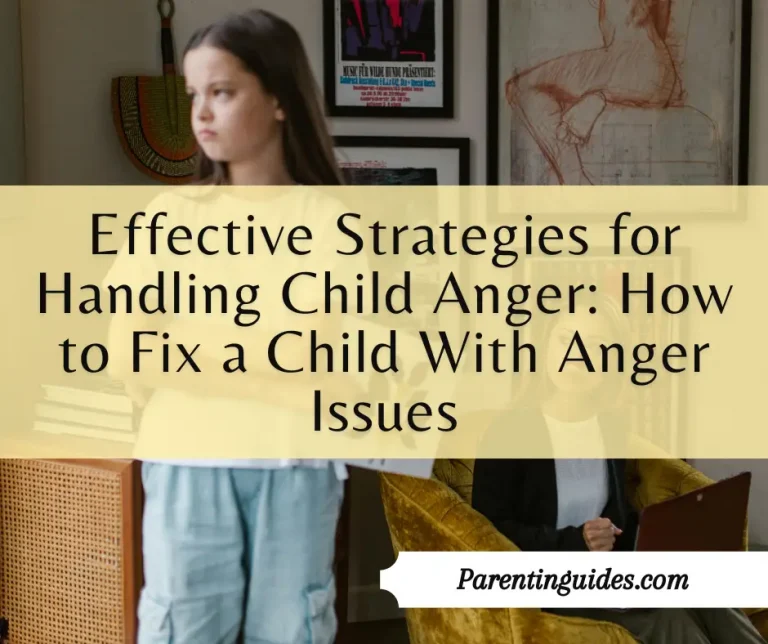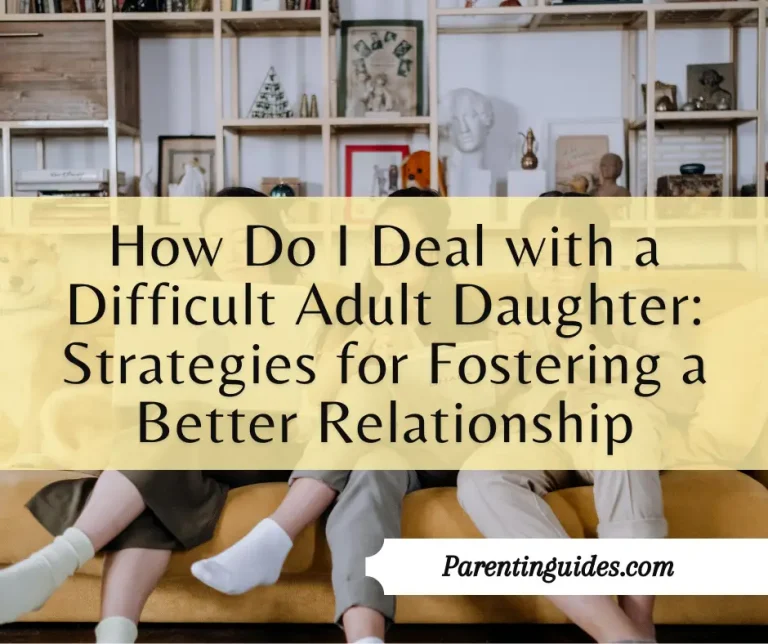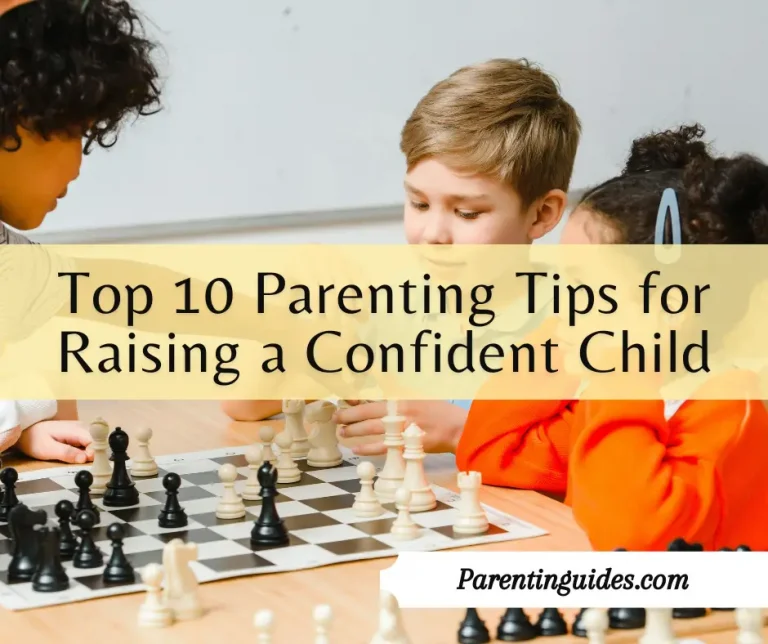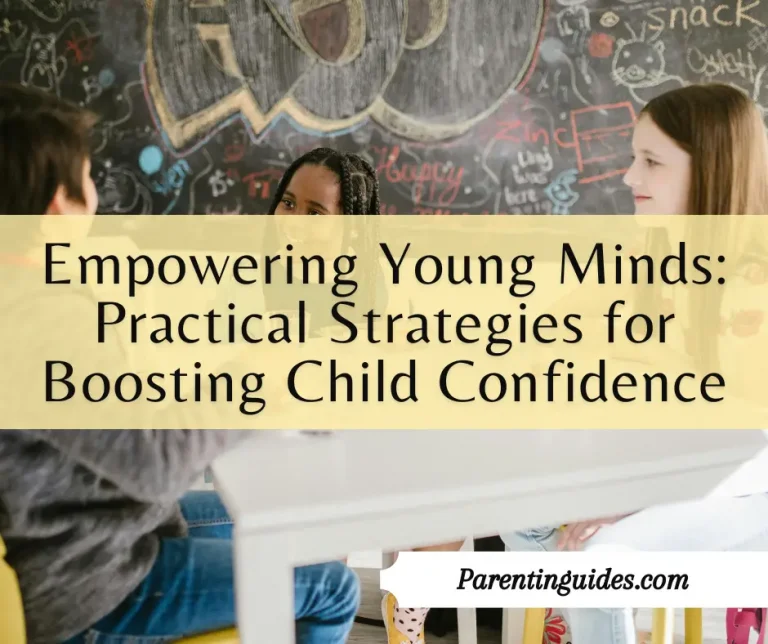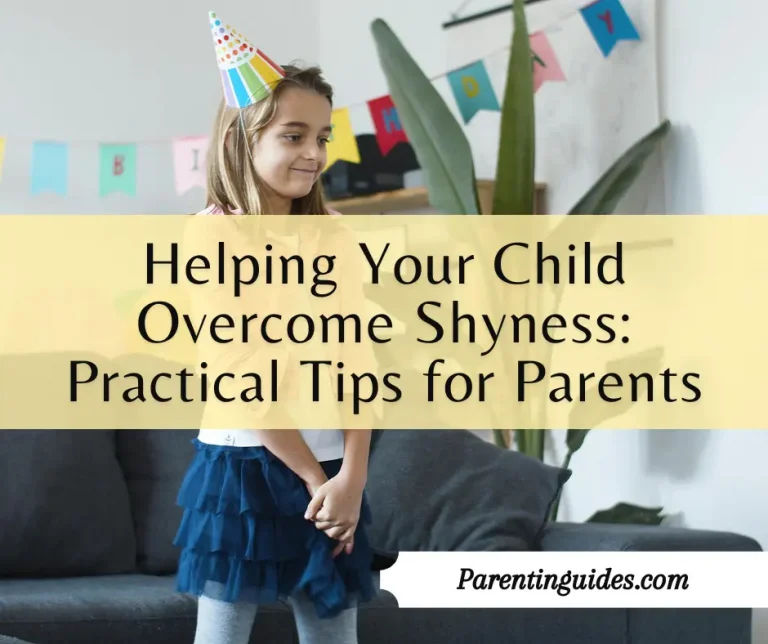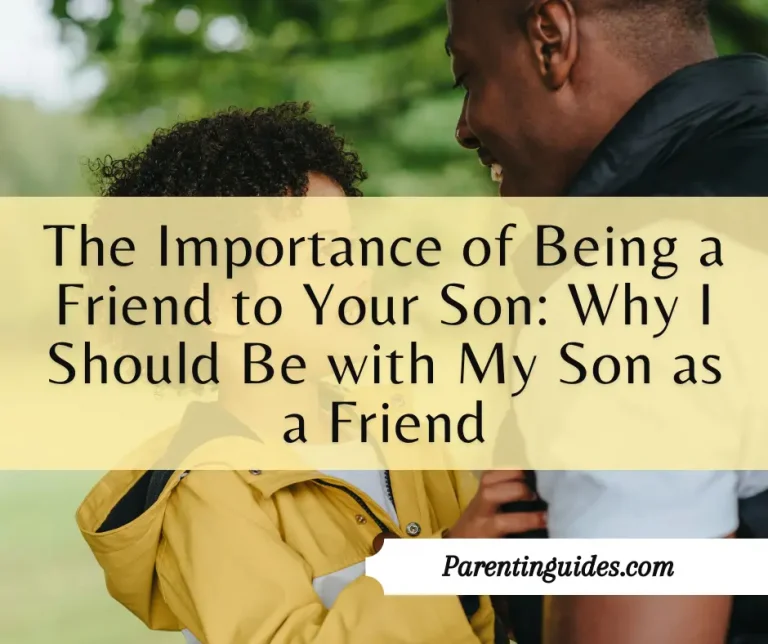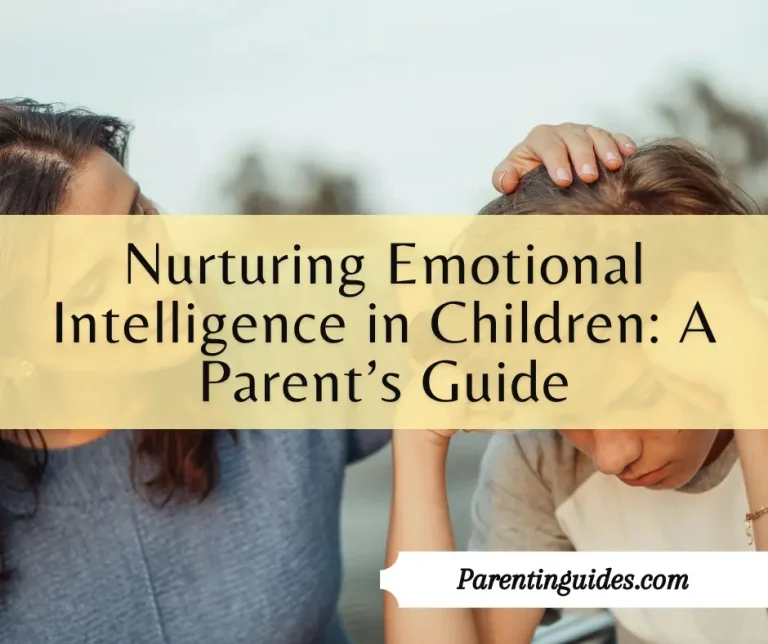As a mother, I’ve often found myself puzzled and concerned by the question, “Why is my child so angry and aggressive?”. This is not just a fleeting thought. Simply, it’s a significant worry that many parents face. My husband and I have spent countless evenings discussing what might be fueling our son’s intense emotions and behaviors. Through our journey, we’ve realized the importance of understanding the roots of such feelings in children.
In this article, I will delve into the reasons behind child anger and aggression, offering insights and sharing personal anecdotes from our family life. It’s crucial for us as parents to recognize the underlying causes of our children’s emotional outbursts. Here, this understanding can guide us in providing the right support and interventions.
I will structure this discussion by first examining common triggers of anger and aggression in children, based on what we’ve learned and observed. Following this, I’ll share strategies that have helped us manage and address these challenges at home. Finally, I’ll talk about when and how to seek professional help, drawing on our own experiences with child psychologists.
Throughout, my goal is to answer the pressing question, “Why is my child so angry and aggressive?” by sharing insights from a parental perspective. Understanding these emotions in our children is not just about handling the difficult moments. Simply, it’s about nurturing a more compassionate and supportive family environment. Let’s explore these ideas together, hoping to bring some peace and understanding to our homes.
Overview of Childhood Anger and Aggression
Definition and Symptoms
As a parent grappling with the question, “Why is my child so angry and aggressive?” understanding what these terms mean is crucial. Anger is a natural emotional response that children feel when they are frustrated, hurt, or threatened. Aggression, however, refers to behaviors that are intended to hurt others or destroy property. Recognizing the signs of anger and aggression in children is the first step toward addressing them. Common symptoms include frequent temper tantrums, hitting, kicking, biting, and defiance. Less obvious signs might include sulking, brooding, or withdrawal. Being aware of these signs helps us, as parents, respond more effectively and compassionately.
Statistics and General Causes
Research suggests that about 20% of children show levels of anger and aggression that concern parents and educators. It raises the significant question, “Why is my child so angry and aggressive?”. Various factors contribute to these behaviors. Environmental influences like family conflict, inconsistent parenting, or exposure to violence can play significant roles. Additionally, internal factors such as stress, frustration from unresolved challenges, or feeling misunderstood also contribute. Recognizing these influences helps in pinpointing the right support for our children.
Impact on Development
The impact of persistent anger and aggression on a child’s development can be profound and long-lasting. Children who frequently display these behaviors often face challenges in forming healthy relationships and achieving success in school settings. As a mother, seeing this struggle prompts my husband and I to seek deeper answers to “Why is my child so angry and aggressive?”. It also drives us to implement strategies aimed at helping our child develop better emotional regulation and social skills. Without intervention, these issues might lead to more severe behavioral problems in adolescence and adulthood. Here, it affects their overall quality of life and ability to function in society. Understanding and addressing these impacts early on is crucial for fostering a healthier developmental path.

Psychological Factors for “Why is my child so angry and aggressive?”
Emotional Dysregulation
Emotional dysregulation is a term that often surfaces when we explore the question, “Why is my child so angry and aggressive?”. It describes a child’s inability to control or manage their emotions in a way that is appropriate to the situation. This inability can lead to intense emotional responses, where the feelings of anger and aggression become overwhelming and hard to manage. For example, a small disappointment might trigger a disproportionate outburst. Understanding emotional dysregulation has been pivotal for my husband and me as we navigate how to support our child. By recognizing this, we’ve been able to seek specific interventions that focus on helping our child develop better emotional regulation skills. It aims to reduce the frequency and severity of aggressive outbursts.
Mental Health Disorders
Mental health disorders can significantly impact a child’s behavior, often providing insights into the question, “Why is my child so angry and aggressive?”. Moreover, conditions such as Attention Deficit Hyperactivity Disorder (ADHD), autism spectrum disorders, and anxiety are known to influence how children process emotions and interact with their environment. For instance, a child with ADHD may exhibit impulsivity that leads to aggressive reactions. A child on the autism spectrum might become aggressive when overwhelmed by sensory stimuli or frustrated by communication difficulties. Anxiety can trigger aggression when a child feels cornered or overwhelmingly stressed. Recognizing these conditions as potential underlying factors of aggression helps us, as parents, to seek appropriate care and tailor our support to meet our child’s specific needs.
Effects of Trauma
Exploring the effects of trauma is crucial in understanding why a child might be so angry and aggressive. It is a known fact that trauma can stem from a variety of experiences. They are such as witnessing violence, undergoing severe loss, or enduring neglect. These experiences can leave a lasting imprint, causing a child to react to current situations with heightened aggression as a defense mechanism against perceived threats. My husband and I have learned that recognizing signs of past trauma can guide us in providing a more supportive and secure environment for our children.
Addressing these traumatic experiences through appropriate therapeutic interventions is essential in helping our child heal and learn healthier ways to express and manage anger and aggression. Understanding trauma’s role deepens our comprehension of the complex question, “Why is my child so angry and aggressive?”. Here, it also helps us support our child’s journey towards recovery and emotional stability.
Environmental Influences for “Why is my child so angry and aggressive?”
Family Dynamics
When delving into the question, “Why is my child so angry and aggressive?”. Here, family dynamics often emerge as a crucial factor. In our own home, we have noticed that tension and unresolved conflicts can significantly influence our child’s emotional well-being. For example, during periods of heightened stress, such as following our brief separation, we observed an increase in our son’s anger and aggression. Sibling rivalry also contributes to this dynamic, when our children compete for attention or resources. Here, it sometimes escalates to aggressive behaviors.
Parental discipline methods play a substantial role as well. Inconsistencies between how my husband and I handle discipline can confuse our son, leading to frustration and anger. We have learned that clear, consistent, and fair discipline strategies are vital in preventing aggression and fostering a stable environment. Understanding how these aspects of family dynamics influence our child’s behavior helps us address the underlying causes of his emotional responses, providing insights into the persistent question, “Why is my child so angry and aggressive?”.
Bullying and Peer Relationships
Another environmental influence that often answers the question, “Why is my child so angry and aggressive?” is the impact of bullying and peer relationships. Observing our child’s interactions at school has shown us how significantly his social experiences affect his behavior. When he feels isolated or bullied, his way of coping often manifests as aggression or withdrawal, both at school and at home.
Bullying can deeply affect a child’s self-esteem and emotional stability. It is also leading to heightened aggression as a defense mechanism. Furthermore, struggles to fit in with peers can exacerbate feelings of anger and frustration. As parents, recognizing these issues is the first step toward intervention. It involves communicating with school officials to ensure they address bullying promptly and helping our children develop healthier relationships and resilience. These actions are crucial in managing how external social pressures influence our child’s aggression.
Media and Technology Exposure
In exploring “Why is my child so angry and aggressive?”, we must consider the role of media and technology. Exposure to violent media, such as movies, video games, and some internet content, can desensitize a child to aggression. So, it seems like a normal or acceptable response to conflict. Additionally, excessive screen time has been linked to irritability and poor emotional regulation, which can further contribute to aggressive behaviors.
In our household, we have had to set clear limits on the amount and type of media our child consumes. By choosing age-appropriate and non-violent content and limiting overall screen time, we strive to mitigate these influences. We also encourage more interactive and physically engaging activities to balance his screen time. This approach helps us manage the environmental impact of media and technology on our child, addressing part of why he might be so angry and aggressive. In addition, it promotes healthier behavioral patterns.
Understanding these environmental influences is crucial for any parent grappling with the question, “Why is my child so angry and aggressive?”. By addressing these factors, we can create a more supportive and understanding environment that nurtures positive behavior and emotional health.

Biological and Health-Related Factors for “Why is my child so angry and aggressive?”
Genetic Predispositions
Investigating “Why is my child so angry and aggressive?” often requires us to look into whether there is a genetic component influencing these behaviors. In our family, noting patterns of behavior through generations has been enlightening. It appears that traits linked to temperament and emotional reactivity might have hereditary influences. Some studies suggest that aggression can have genetic underpinnings, which means our child might be predisposed to such behaviors due to family genetics.
This understanding doesn’t provide an excuse but rather a framework for our approach. Knowing that there might be a genetic predisposition helps us focus on proactive management strategies. Here, it is like fostering a supportive environment that can help mitigate these inclinations. It is also about creating a balance that considers these inherent tendencies while not letting them define our child’s potential or limit his growth.
Neurological Factors
Another critical area in addressing “Why is my child so angry and aggressive?” is the role of neurological factors. Brain development significantly impacts behavior, and certain neurological issues can predispose children to aggression. For instance, conditions affecting the frontal lobes, which are responsible for impulse control and judgment, can make children more prone to aggressive outbursts.
In our experience, consulting with neurologists has provided insights into how our son’s brain processes emotions and impulses. Learning about any irregularities or developmental delays has been crucial for understanding his behavior and guiding our decisions regarding interventions. They are things such as behavioral therapy or medication. These steps are essential for helping him develop better control over his actions and reactions. They are also directly impacting how he manages aggression.
Diet and Physical Health
Lastly, exploring “Why is my child so angry and aggressive?” leads us to consider the impacts of diet and physical health. Nutrition plays a critical role in behavior. Imbalances in diet, such as high sugar intake, can lead to energy spikes and crashes, influencing mood and aggression. Similarly, undiagnosed food allergies or intolerances can cause discomfort or pain, manifesting as irritability or aggression.
My husband and I have noticed that on days when our son consumes more processed foods, his mood tends to fluctuate more dramatically. This observation has led us to adjust his diet towards more balanced, nutrient-rich foods. Here, it seems to stabilize his energy and mood. Additionally, ensuring that he gets adequate physical activity and sleep each day has made a noticeable difference in his overall demeanor and his ability to handle stress and frustration. Recognizing these biological and health-related factors provides another piece of the puzzle in addressing why our child might be so angry and aggressive. It also allows us to tailor our parenting strategies effectively.
Each of these biological and health-related insights has deepened our understanding of why our child might be so angry and aggressive. By considering genetic, neurological, and dietary factors, we are better equipped to support our child through a comprehensive approach that addresses these underlying issues.
Management and Intervention Strategies for “Why is my child so angry and aggressive?”
Therapeutic Approaches
As we navigate through the challenge of understanding “Why is my child so angry and aggressive?”, therapeutic approaches have proven to be invaluable. Cognitive Behavioral Therapy (CBT) is one method that has significantly helped our son. CBT works by changing negative thought patterns that contribute to aggression and replacing them with more positive and constructive responses. Additionally, play therapy has been instrumental for him, providing a safe space where he can express his emotions and learn coping mechanisms through play, which is more natural for children.
Family therapy has also been a cornerstone of our approach. It allows us as a family to strengthen our communication and resolve underlying issues that might contribute to our child’s anger and aggression. These sessions help everyone in the family understand their role in supporting each other, creating a more harmonious home environment that naturally reduces instances of aggression.
School-Based Interventions
Schools play a crucial role in managing and mitigating aggressive behavior. Our son’s school has implemented several strategies that address the question, “Why is my child so angry and aggressive?”. For instance, they have behavior modification programs that reward positive behavior, which encourages children to adopt better habits. Anti-bullying campaigns are also in place to ensure a safe and supportive environment for all students.
Furthermore, schools often use peer mediation programs where trained students help resolve conflicts between their peers under adult supervision. This not only helps in immediate conflict resolution. It also teaches students valuable social skills. These school-based interventions are critical in providing a structured environment. Here, it supports our child’s development and helps manage his aggression effectively.
Parental Guidance and Home Strategies
At home, addressing “Why is my child so angry and aggressive?” involves consistent, deliberate strategies. Establishing a routine is fundamental; it provides structure and a sense of security, which can significantly reduce anxiety-induced aggression. Our daily schedule includes specific times for homework, play, meals, and sleep, which helps our son know what to expect each day and reduces unpredictability that might trigger aggression.
Positive reinforcement is another effective tool. We focus on praising our son for non-aggressive behaviors and achievements, which reinforces his good choices. We have learned that criticism or negative feedback can sometimes increase aggression. So, we try to keep our guidance constructive and supportive. Additionally, teaching by example is crucial. Simply, it is showing him how to handle frustration and anger healthily is perhaps the most powerful lesson we can provide. These parental guidance strategies are key components in managing our son’s behavior. The reason is that they are helping to answer the complex question of “Why is my child so angry and aggressive?”. In addition, they are fostering a more peaceful home environment.
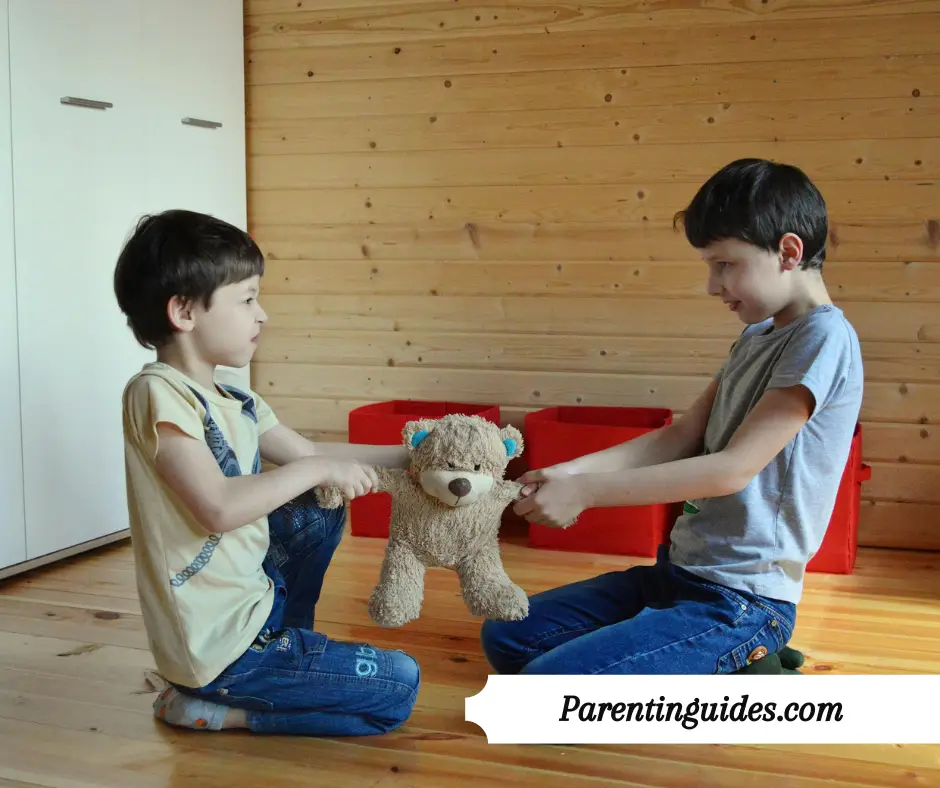
Conclusion
In this exploration of “Why is my child so angry and aggressive?”, my husband and I have delved deeply into various factors that could influence our child’s emotional landscape. Understanding these complex layers has not only enlightened us but also equipped us with better tools to support our son’s development. It is a journey that many parents might recognize, as they too grapple with similar concerns.
Reflecting on “Why is my child so angry and aggressive?” has revealed the significance of addressing not just the symptoms. Simply, it is the root causes. From psychological factors like emotional dysregulation and the impact of trauma to environmental influences such as family dynamics and media exposure, each aspect offers insight into our child’s behavior. Moreover, biological factors like genetic predispositions and neurological conditions have further clarified the reasons behind his emotional outbursts.
Our ongoing commitment to answering “Why is my child so angry and aggressive?” involves constant learning and adaptation of our strategies at home and in collaboration with his school. We have embraced therapeutic approaches like Cognitive Behavioral Therapy, which have been crucial in helping him manage his emotions more effectively. School-based interventions and our proactive parental guidance have also played essential roles.
As we continue to address “Why is my child so angry and aggressive?”, we hope that sharing our story will help other parents facing similar challenges. This journey is not just about mitigating difficult behaviors. It is also about nurturing a supportive environment where our child, and children like him, can thrive emotionally and socially. Understanding and patience remain our guides as we navigate this path. It is also committed to helping our son grow into a happy and well-adjusted individual. Through our efforts and continued support, we aim to reduce instances of anger and aggression, answering not just “Why is my child so angry and aggressive?”. It is also about how we can move forward with compassion and understanding.


